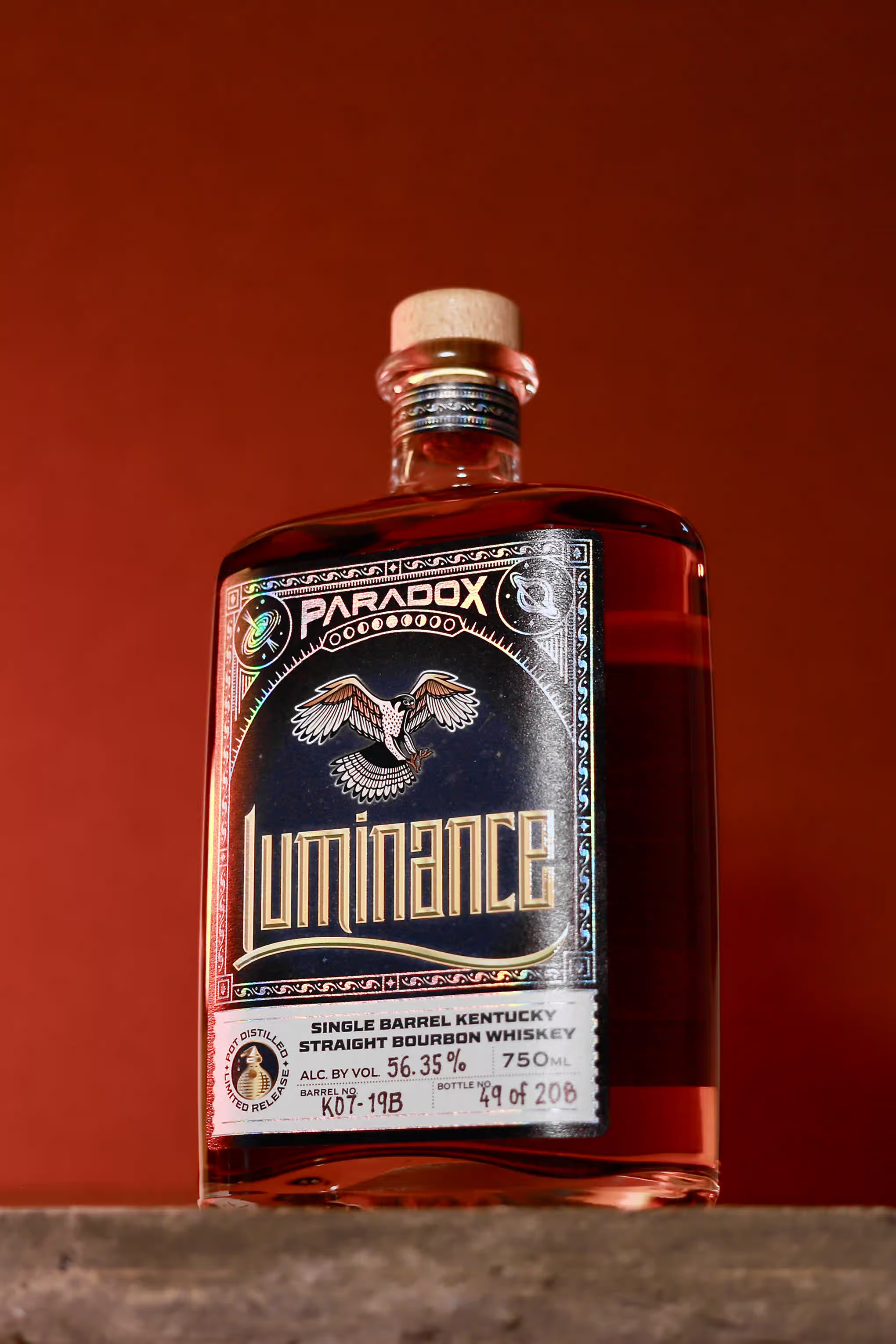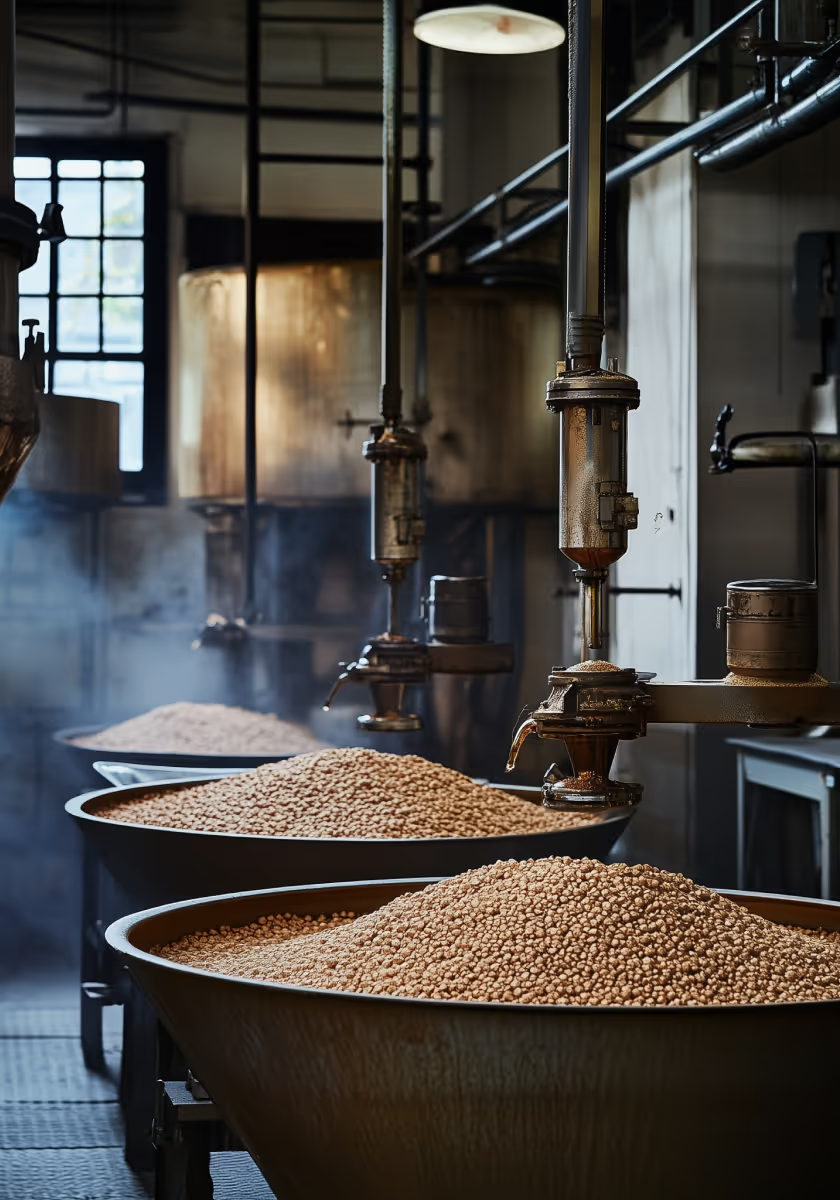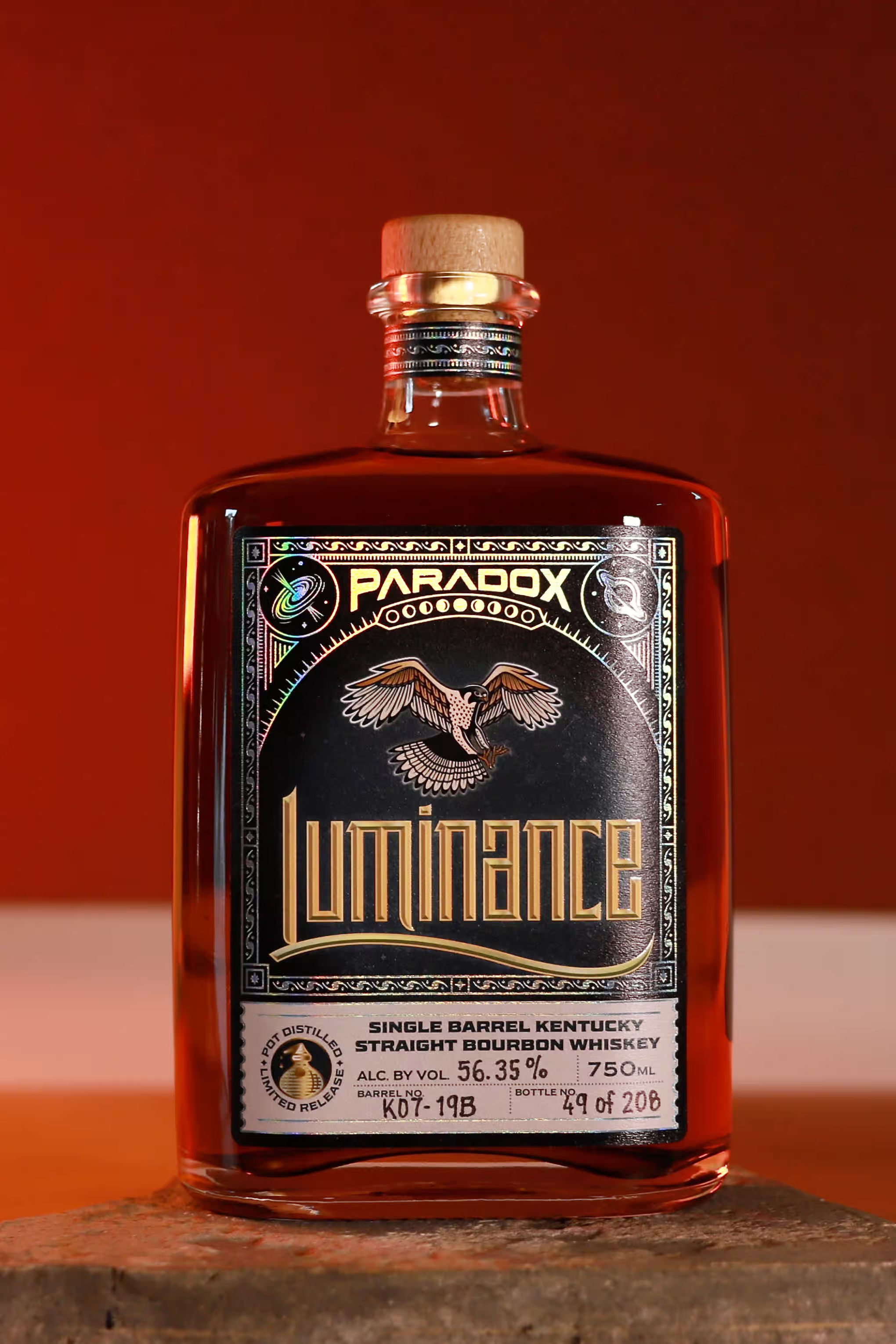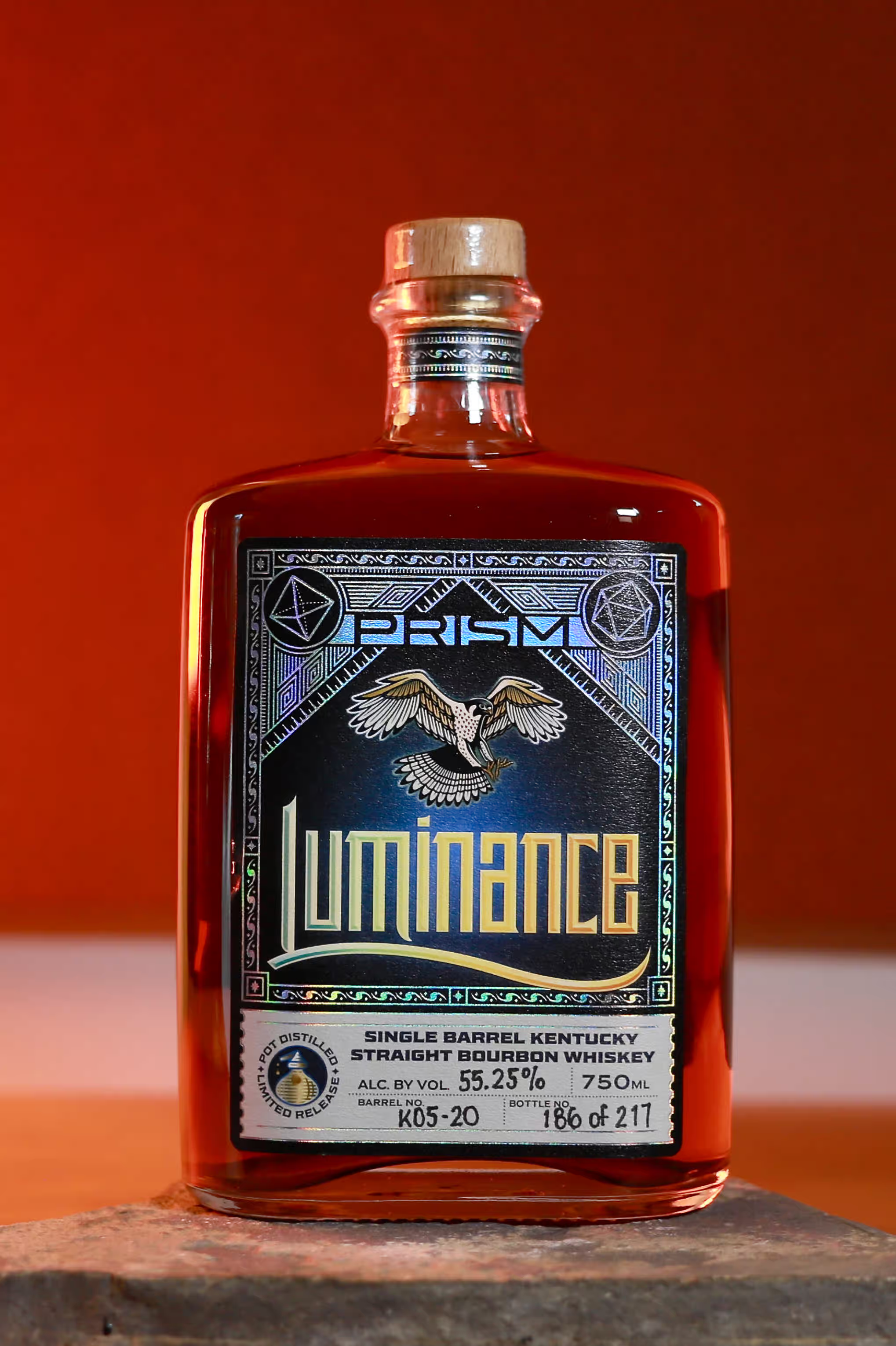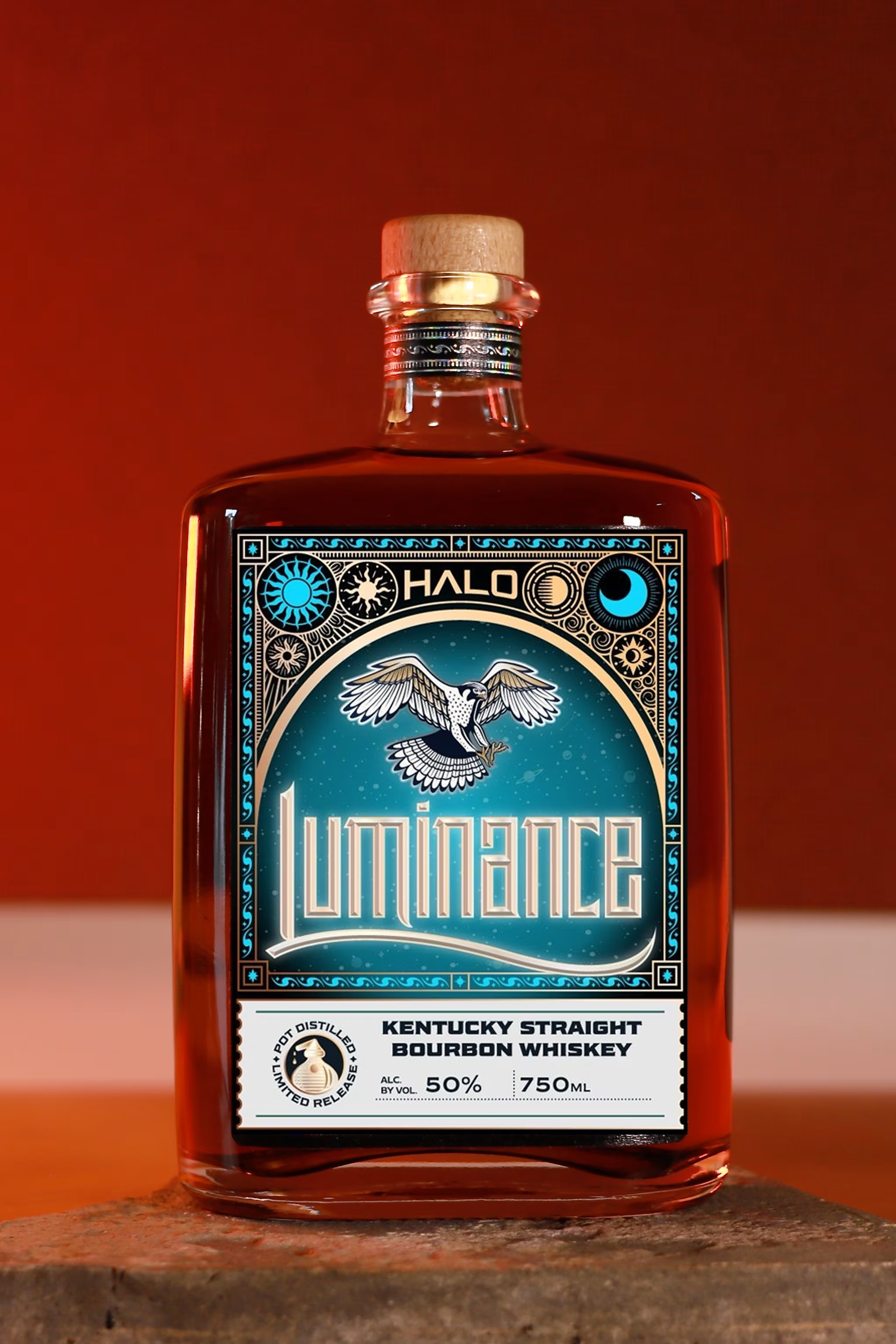Whisky has a rich and storied history that dates back centuries. Its origins can be traced to ancient distillation practices, and it has evolved into one of the most popular spirits worldwide. In this article, we will take a brief look at the history of whisky and its cultural significance.
Early Beginnings
The earliest records of whisky production date back to the 15th century in Scotland. Monks were among the first to distill spirits, using barley and water to create a potent beverage. Over time, whisky became a staple in Scottish culture, with various regions developing their unique styles.
Global Expansion
As whisky gained popularity, it spread beyond Scotland to Ireland, the United States, and other countries. Each region adapted the production methods to suit local tastes, resulting in a diverse range of whiskies. Today, countries like Japan and Canada are also known for their exceptional whisky production.
Modern Whisky
In recent years, whisky has seen a resurgence in popularity, with craft distilleries emerging and consumers becoming more adventurous in their choices. Whisky festivals and tasting events have become commonplace, celebrating the spirit's rich heritage and innovation.
Understanding the history of whisky adds depth to the appreciation of this beloved drink. Whether you enjoy it neat, on the rocks, or in a cocktail, whisky has a story to tell!

